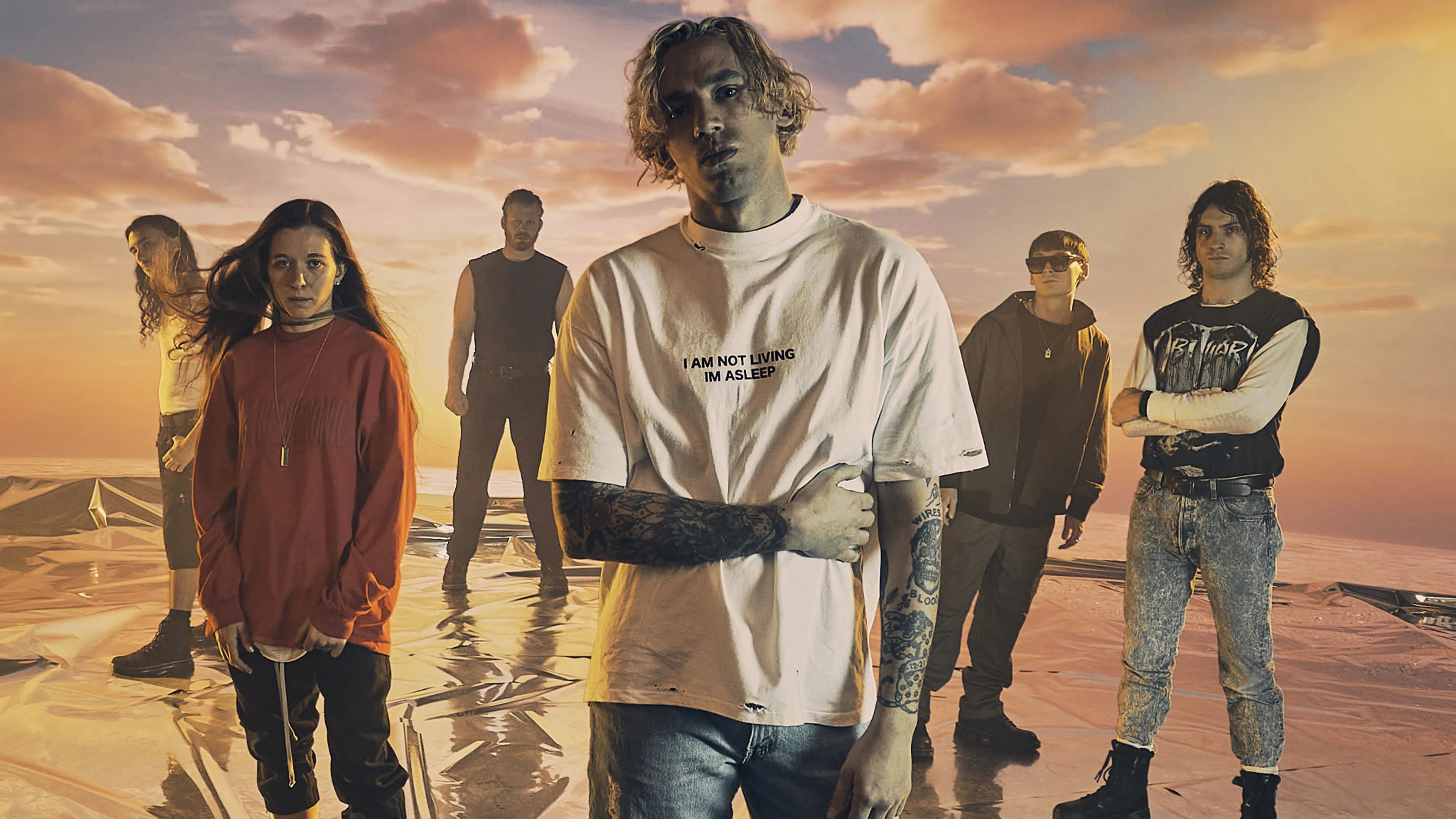Code Orange could have taken an easy route. Or at least an easier one. Having received such acclaim for those last two records, they could have pandered to the mainstream, toned down the extreme abrasion of their sound for something a little more palatable and made a record that might have actually won a GRAMMY. But that’s not who the band are and that’s not who Jami is. Instead, they made one of the most challenging albums of last year. It’s a record that, sonically and lyrically, lets you inside Jami’s head – in much the same way those parasites get inside their hosts – in an attempt to explain why they made what you’re listening to as you’re listening to it. It all sounds very post-modern and self-aware, and it kind of is, but Jami and the band aren’t being pretentious. Nor are they just pushing boundaries for the sake of it. It’s much more important than that.
“My goal in making music with this band,” he says, “is to fill the void of what I would like to hear and see that’s not out there. With that comes the idea that you do have to push forward in some kind of way. Obviously, we’re playing with a lot of familiar elements, but I think you’ve got to rearrange them into a new puzzle to have a right or reason to exist at this point. Because for me, it’s not really about just playing or enjoying it. It’s about trying to put something out there that isn’t there, that I would like to be there.”
For most of the interview, Jami seems – emotionally, at least – quite reserved. He speaks in an almost monotone and his answers are very considered, though you sometimes get the sense he doesn’t want to give too much away. But when asked what he’s been searching for with his music, he embarks on a passionate discourse about the nature of self and how it’s represented on the record, split between “heavy, disgusting” sounds and songs that are “brighter and stylistically different” to what they have done before.
He makes special reference to Mirror – a song that’s sung by Reba, which Jami describes as “this kind of beautiful but digital thing being overtaken slowly by this kind of disgusting buggy thing”. It’s in stark contrast to the coruscating, punishing intensity of A Drone Opting Out Of The Hive, an experimental industrial metal track that sounds like a brain both imploding and exploding at the same time, as the narrator attempts to discover who he really is. ‘I am the main character,’ Jami sings. ‘I am the player and the narrator, I’m the symbolic and the actual.’ All of it, he says, coalesces to offer an accurate representation of not just how he feels, but who he really is.
“To me, Mirror is this stripped-down song of the soul,” he says. “It represents that conversation with self, where you’re almost like battling that parasitic inner voice that’s coming back to play throughout the record in the form of heavy music. And A Drone Opting Out Of The Hive is the full realisation of that – it takes place in an interrogation room or something, and it’s you interrogating yourself and trying to push that monster back down. It’s the ego really coming into play. And I do feel like that at times – I’m a person who’s split in two in a lot of ways.”
